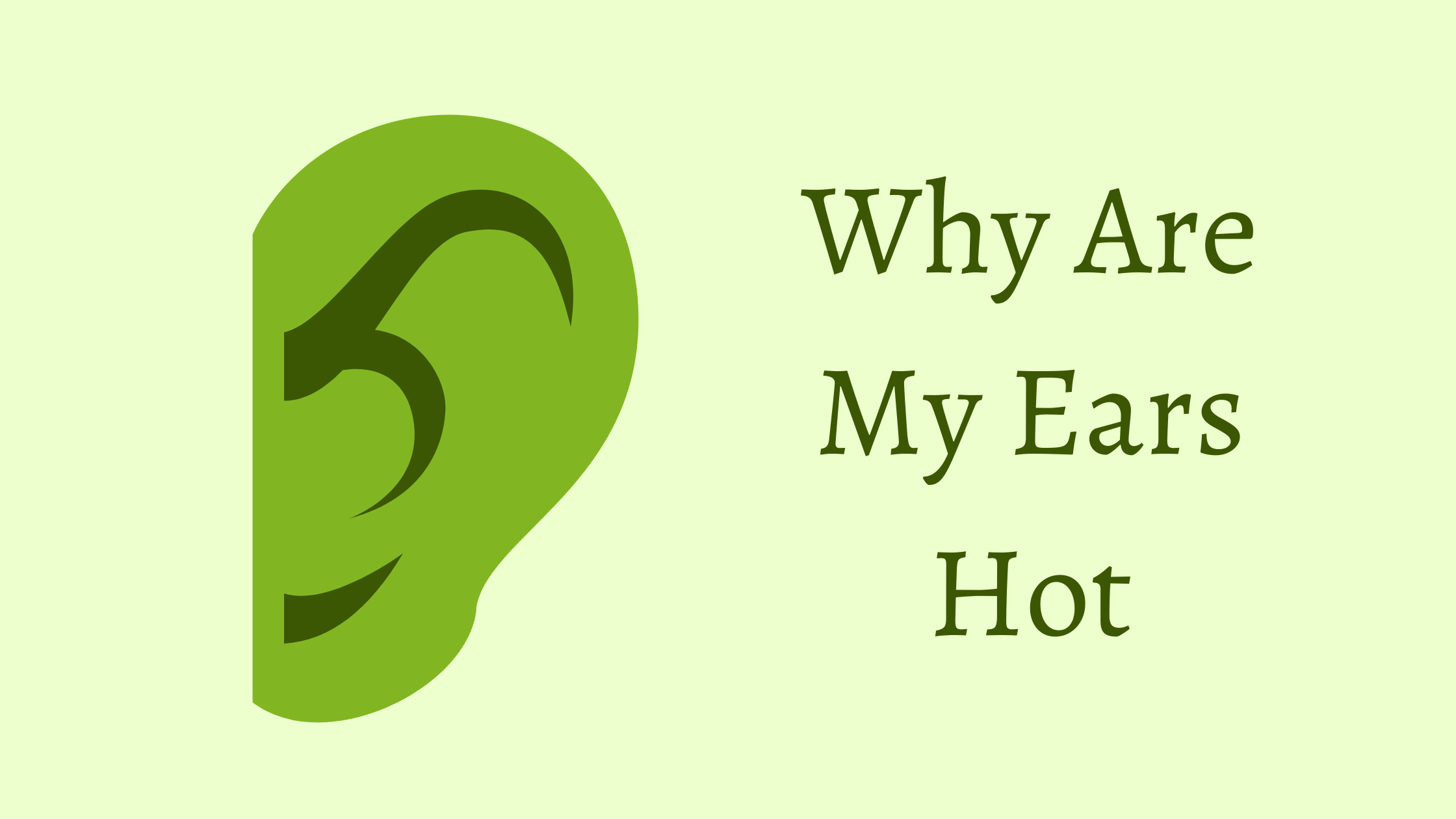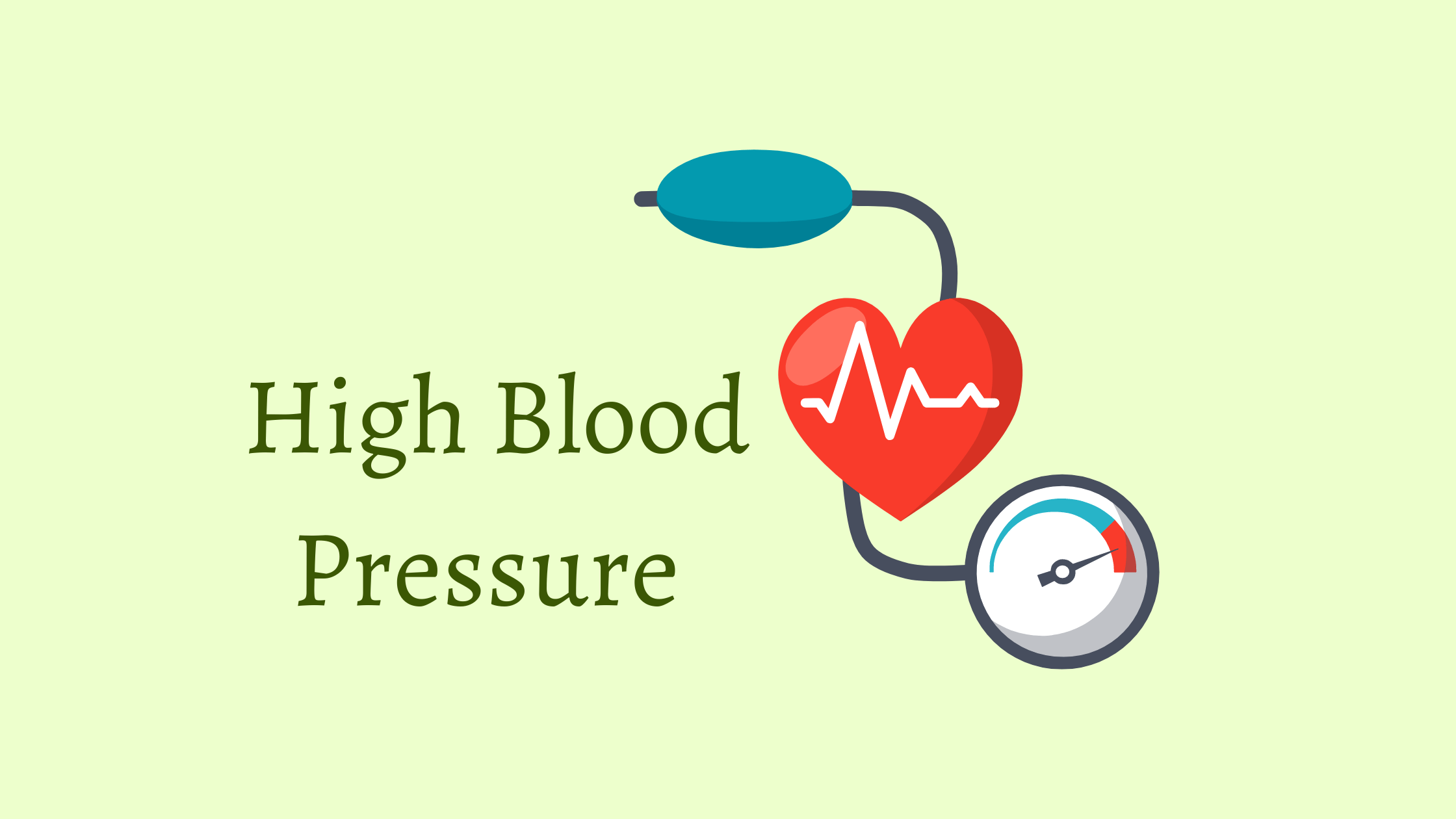
Do your ears get hot and red without any apparent reason? This phenomenon, known as hot red ears, can be concerning and uncomfortable. However, it’s not uncommon, and there are many reasons why your ears may be getting hot and red. In this article, we’ll explore 10 possible reasons for hot red ears and what you can do about them.
1: Stress and Anxiety
Stress and anxiety can cause your body to release adrenaline, a hormone that triggers the fight or flight response. This response can cause your blood vessels to narrow, reducing blood flow to the ears and other peripheral areas of the body. As a result, your ears may feel cold, numb, or hot and red. This is because the restricted blood flow can cause the vessels in your ears to dilate, increasing blood flow and resulting in the hot, red sensation.
2: Allergies
Allergies can cause your ears to get hot and red due to the release of histamines, a chemical that your body produces in response to allergens. Histamines cause inflammation and swelling, which can result in hot, red ears. Additionally, allergies can cause itching and a burning sensation in the ears, exacerbating the redness and discomfort.
3: Temperature Changes
Sudden changes in temperature can cause your ears to get hot and red. When you’re exposed to hot temperatures, your body tries to cool itself down by increasing blood flow to the skin’s surface, including the ears. This increased blood flow can cause your ears to turn red and feel hot to the touch.
4: Sunburn
Overexposure to the sun can cause sunburn, which can cause your ears to get hot and red. Sunburn is a result of the skin’s exposure to ultraviolet (UV) radiation, which damages skin cells and causes inflammation. If your ears are not adequately protected from the sun, they can be particularly vulnerable to sunburn.
5: Infection
Infections, such as ear infections, can cause your ears to get hot and red. Infections cause inflammation and swelling, which can restrict blood flow and cause the vessels in your ears to dilate, resulting in hot, red ears. Additionally, infections can cause pain, itching, and a burning sensation in the ears.
6: High Blood Pressure

High blood pressure can cause your ears to get hot and red due to the increased pressure in your blood vessels. This increased pressure can cause the vessels in your ears to dilate, resulting in the hot, red sensation. Additionally, high blood pressure can cause headaches, dizziness, and other symptoms.
7: Alcohol Consumption
Alcohol consumption can cause your ears to get hot and red due to the dilation of blood vessels. When you consume alcohol, your blood vessels dilate, resulting in increased blood flow to the skin’s surface, including the ears. This increased blood flow can cause your ears to turn red and feel hot to the touch.
8: Hormonal Changes
Hormonal changes, such as those that occur during menopause, can cause your ears to get hot and red. This phenomenon, known as hot flashes, is a result of the body’s fluctuating hormone levels. Hot flashes can cause your blood vessels to dilate, resulting in the hot, red sensation.
9: Medications
Certain medications, such as blood pressure medications, can cause your ears to get hot and red as a side effect. This is because these medications can cause the blood vessels in your ears to dilate, resulting in increased blood flow and the hot, red sensation.
10: Rosacea
Rosacea is a chronic skin condition that can cause your ears to get hot and red. Rosacea causes inflammation and swelling in the skin, resulting in hot, red ears, and other symptoms such as acne-like breakouts and visible blood vessels on the face. While the exact cause of rosacea is unknown, it is believed to be related to genetics and environmental factors.
What Can You Do About Hot Red Ears?
If you’re experiencing hot red ears, there are several things you can do to alleviate the symptoms. Here are some tips:
Manage Stress and Anxiety
If stress and anxiety are causing your hot red ears, managing your stress levels can help. Try relaxation techniques such as deep breathing, meditation, or yoga. Additionally, seek help from a mental health professional if necessary.
Avoid Allergens
If you have allergies, avoiding allergens can help reduce hot red ears. You can also take over-the-counter antihistamines to alleviate symptoms.
Dress Appropriately
If temperature changes are causing your hot red ears, dressing appropriately can help. Wear layers that you can remove if you get too hot, and cover your ears if it’s cold outside.
Protect Your Skin from the Sun
To prevent sunburn and hot red ears, protect your skin from the sun. Wear a hat and sunglasses and use sunscreen with a high SPF.
Treat Infections
If you have an infection, seek medical treatment to alleviate symptoms and prevent further complications.
Manage High Blood Pressure

If you have high blood pressure, managing your blood pressure levels can help reduce hot red ears. Follow your doctor’s recommendations for managing your blood pressure, such as taking medications or making lifestyle changes.
Limit Alcohol Consumption
If alcohol is causing your hot red ears, limit your alcohol consumption or avoid alcohol altogether.
Hormone Replacement Therapy
If hormonal changes are causing your hot red ears, hormone replacement therapy may be an option. Talk to your doctor about whether hormone replacement therapy is right for you.
Medication Adjustments
If a medication is causing your hot red ears, talk to your doctor about adjusting your medication or switching to a different medication.
Treat Rosacea
If you have rosacea, seek medical treatment to manage your symptoms and prevent further complications.
Conclusion
Hot red ears can be uncomfortable and concerning, but they are usually not a cause for alarm. There are many reasons why your ears may be getting hot and red, including stress, allergies, temperature changes, sunburn, infections, high blood pressure, alcohol consumption, hormonal changes, medications, and rosacea. By identifying the underlying cause of your hot red ears and taking appropriate measures to manage your symptoms, you can alleviate discomfort and prevent further complications. If you have any concerns about your hot red ears, talk to your doctor or a qualified healthcare professional.
Thanks for reading!